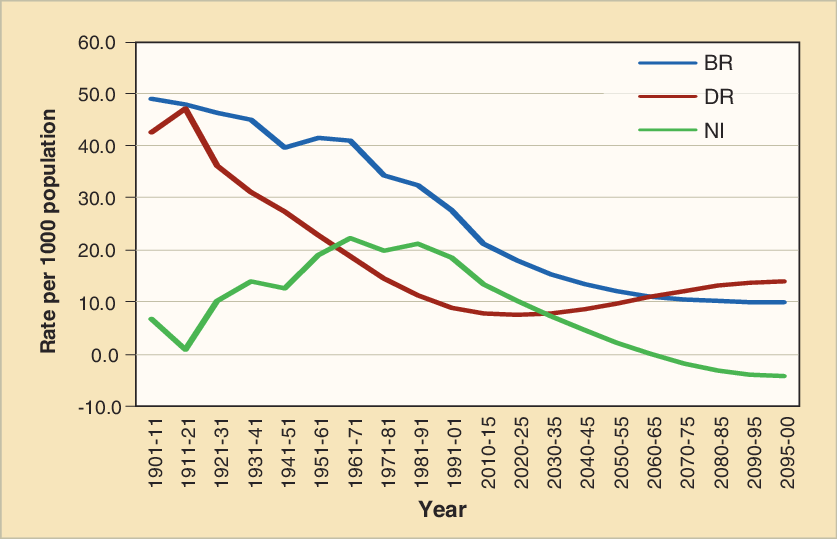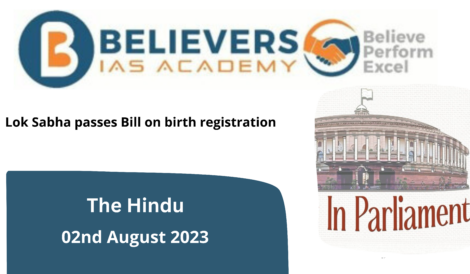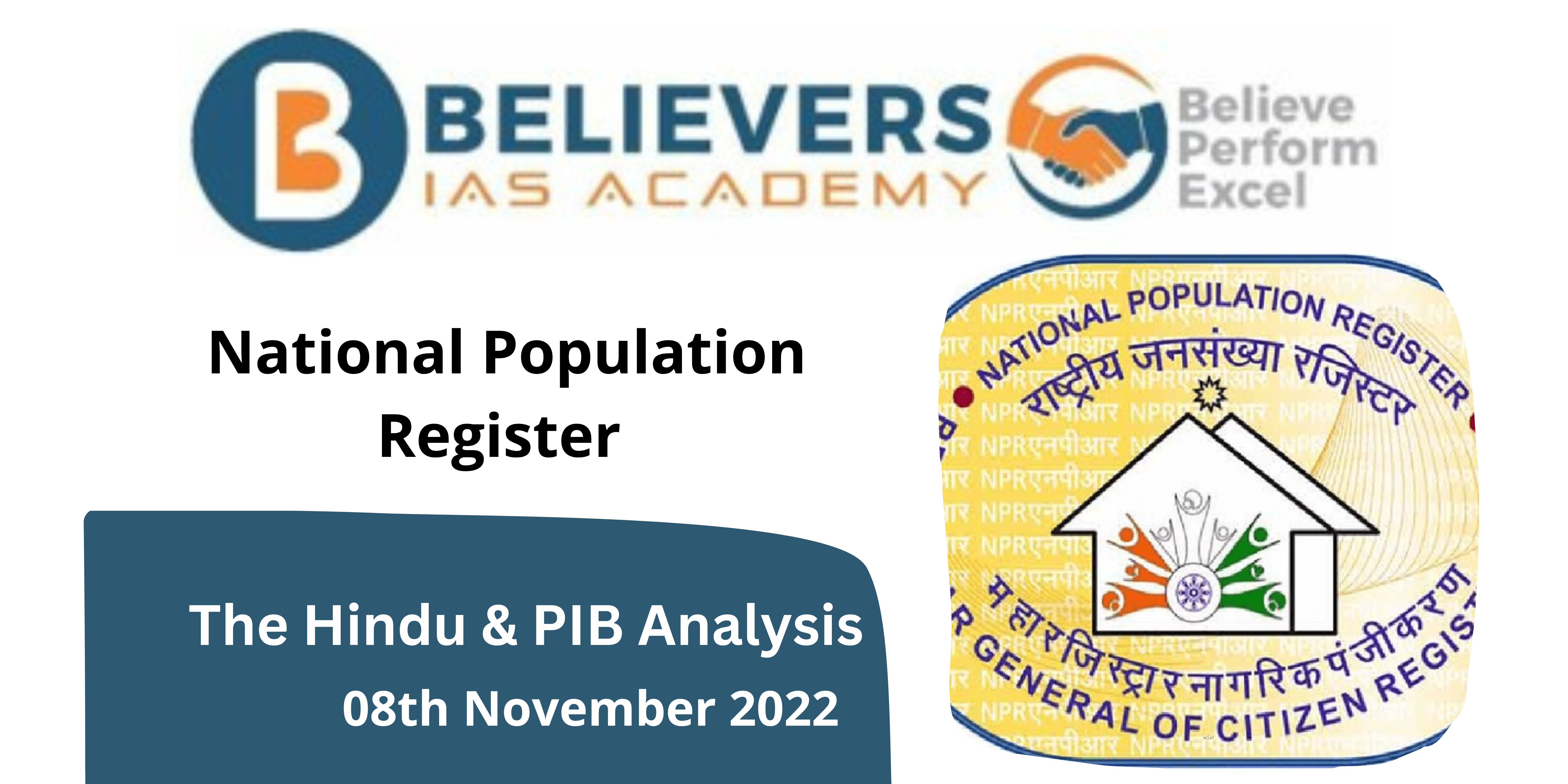Proposed Registration of Births and Deaths Amendment Bill, 2023
Context:
India has made the first move towards creating digital birth certificates, which will be a comprehensive document that can be used for enrollment in educational institutions, employment, passports or Aadhaar, voter registration, marriage registration, and other purposes.
What is the historical background?
- The Registration of Births and Deaths Act 1969: To provide a system for the nationwide recording of births and deaths, India passed this law. To enable different social welfare programmes and governmental administration, this act’s major goal is to preserve accurate records of births and deaths.
- Right to Documentation: Every person is acknowledged to have the right to documentation, including a birth certificate or other kinds of identification. These records are necessary for people to have access to their rights and services and live respectably.
- Aadhaar: Aadhaar is a 12-digit exclusive identifying number given to Indian citizens by the Unique Identifying Authority of India (UIDAI). It is frequently used to access a variety of public and private services as confirmation of identification and residence.
- Aadhaar and Birth/Death Registration: Initially, the Registration of Births and Deaths Act, 1969 did not require Aadhaar for birth and death registration. It implies that individuals could record births and deaths without divulging their Aadhaar data.
- Registrar General Of India: The central organisation in charge of recording births and deaths in India is known as the Registrar General of India (RGI). The current ruling makes the registration procedure more simplified and effective by enabling the RGI to carry out Aadhaar authentication.

What is India intending to change with the new bill?
- Digital birth certificates: India intends to implement digital birth certificates, which will act as a comprehensive document for people. These certificates will be required for a range of official actions, including job applications, passport applications, Aadhaar (a unique identity number) applications, voter registration, marriage registration, and admission to educational institutions.
- Avoiding Numerous Documents: The introduction of digital birth certificates is primarily intended to do away with the requirement for numerous documents to confirm a person’s date and place of birth. People currently frequently have to present numerous documents for various purposes, which can be time-consuming and inconvenient.
- Centralised Registration System: The proposed Bill seeks to establish a central registration system for births and deaths. States will be required to submit birth and death records to the Center’s Civil Registration System website. The Registrar General of India, an organisation that reports to the Union Home Ministry, would receive access to the information gathered.
- Service Provision that is Effective and Transparent: The centralization of birth and death data is anticipated to simplify administrative procedures and result in service provision that is Effective and Transparent. Governmental organisations can more efficiently provide services and social benefits by updating other databases with reliable data.
- Application: All people born after the Bill becomes law are subject to the new regulations on digital birth certificates. Anyone born after the law’s implementation will, therefore, obtain a digital birth certificate rather than the more common paper one.
- Aadhaar Integration: The Bill suggests obtaining the Aadhaar numbers of the parents and informants during the birth registration process if they are accessible. The incorporation of Aadhaar, India’s national unique identification number system, in the birth registration process will improve the data’s correctness and dependability.





